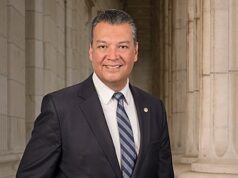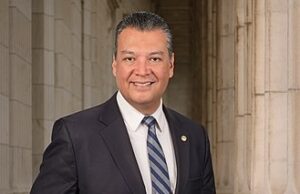Kansas Owner of Construction Firms Sentenced to Two Years in Prison for Employment Tax Scheme
Defendant Did Not Pay $2.2 Million in Employment Taxes to the IRS
A Kansas woman was sentenced yesterday to two years in prison for willfully failing to account for and pay over employment taxes to the IRS in connection with three construction firms that she controlled.
According to court documents and statements made in court, Sheryl Clanton, of Bucyrus, owned and operated McCorkendale Construction Inc. (McCorkendale), a business specializing in setting up and maintaining underground infrastructure. As the president of McCorkendale from 2006 through 2011, Clanton was responsible for filing quarterly employment tax returns and collecting and paying to the IRS federal income, Social Security and Medicare taxes withheld from employees’ wages. For the first quarter of 2010 through the last quarter of 2011, however, Clanton did not pay to the IRS approximately $980,536 in employee withholdings.
In 2011, Clanton abandoned McCorkendale due to its outstanding tax debts and a bank mortgage foreclosure and started McClan Construction LLC (McClan). From the second quarter of 2012 through the fourth quarter of 2017, Clanton did not pay approximately $1.1 million of employment taxes or file on behalf of McClan quarterly payroll tax returns as required by law.
Clanton also operated a third underground construction business, NJ Trenching LLC, organized in late 2011. Between 2012 and 2015, Clanton again was responsible for not reporting or paying to the IRS nearly $100,000 of employment taxes relating to NJ Trenching.
In addition to the prison sentence, U.S. District Judge Daniel Crabtree for the District of Kansas ordered Clanton to serve three years of supervised release and to pay $2,223,174.41 in restitution to the United States.
Acting Deputy Assistant Attorney General Stuart M. Goldberg of the Justice Department’s Tax Division made the announcement.
IRS Criminal Investigation investigated the case.
Trial Attorneys Robert Kemins and Dominick Giovanniello of the Justice Department’s Tax Division prosecuted the case.














